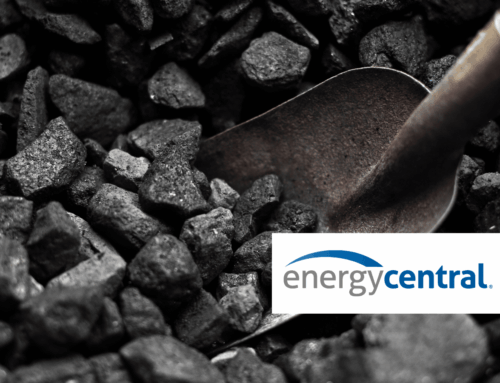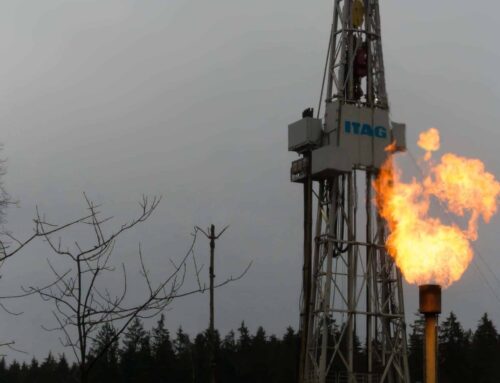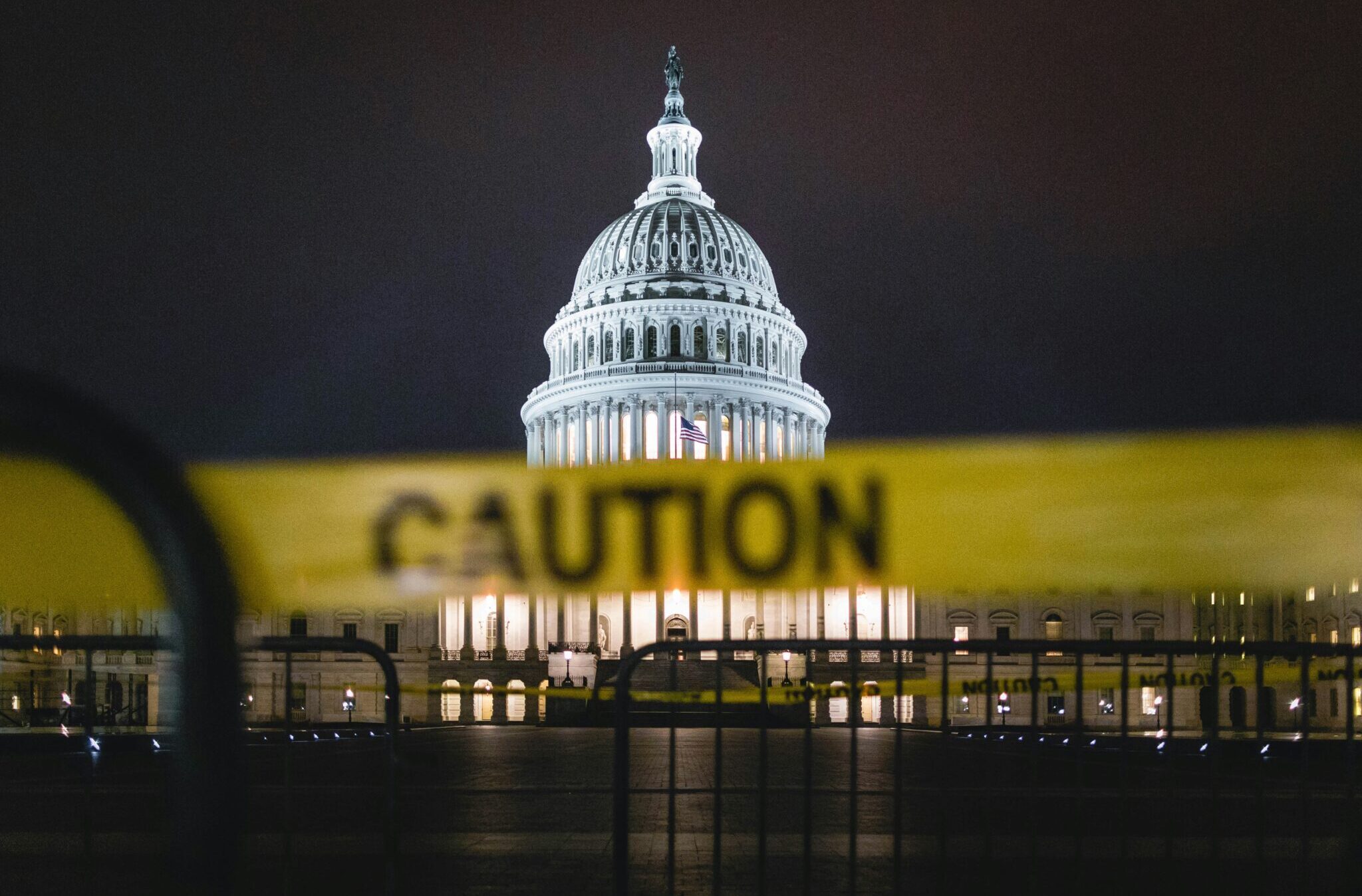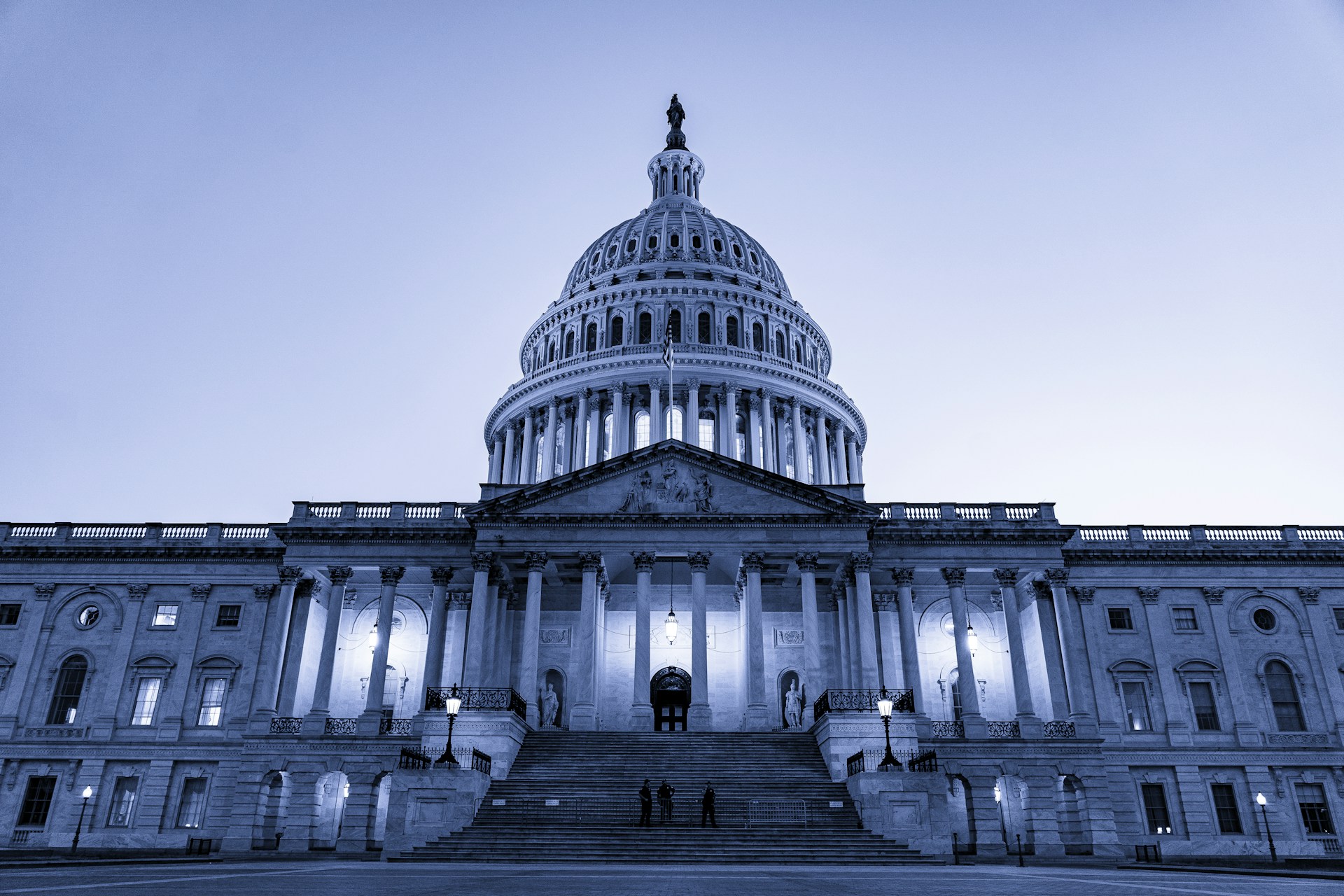On Thursday, April 28th, the Energy and Mineral Resources Subcommittee of the House Natural Resource Committee held a hearing titled “The Opportunities and Risks of Offshore Carbon Storage in the Gulf of Mexico.” While all the witnesses admitted that offshore carbon store is not a “silver bullet climate solution,” one witness called out carbon capture, utilization, and storage (CCUS) as a false climate solution.
Hearing witnesses included Tip Meckel, Senior Research Scientist for the Bureau of Economic Geology at the University of Texas at Austin; Mr. Carroll Muffett, president and CEO of the Center for International Environmental Law; Nichole Saunders, Director and Senior Attorney for energy transition at the Environmental Defense Fund; and Erik Milito, President of the National Ocean Industries Association. Questions from Committee members demonstrated a serious interest in the specifics of how to best implement and support offshore carbon storage: should the Interior Department consider slightly different rules and regulations for depleted oil and gas reservoirs and saline aquifers, how should the Interior Department apply what we’ve learned from onshore carbon storage to offshore carbon storage, and does the track record of carbon capture projects in the United States make you optimistic or pessimistic were some of the many questions asked to the witness panel. All the committee members appeared to fully support offshore carbon storage with only one of the witnesses offering a more critical perspective.
Mr. Carroll Muffett, President and CEO of the Center for International Environmental Law, said in his opening statement that “despite decades of industry experience, existing CCUS projects capture less than 1/10 of 1% of CO2 emissions and have been marked by repeated and conspicuous failures… CCUS is a false solution, a dangerous distraction, and a new but completely avoidable chapter in this country’s long history of environmental injustice and systemic racism.”
Carbon capture, utilization, and storage (CCUS) is the process of separating carbon dioxide from fossil fuels, pumping it deep inside the earth, and leaving it stored in underground geologic formations such as exhausted oil and gas fields. But despite billion in taxpayer subsidies towards research and development, CCUS is nowhere close to being a realistic part of the climate solution.
For years, TCS has raised the alarm on this expensive and unproven technology. As early as 2008, the Government Accountability Office (GAO) reported that general commercial CCUS deployment was and would continue to be barred by technological barriers. Over a decade later and CCUS still remains uneconomic in most circumstances with limited success, even with generous federal support. According to a new GAO report, the Department of Energy (DOE) has invested $1.1 billion across 11 projects since 2009 to show how carbon dioxide emissions from coal-power and industrial facilities could be captured and stored. But the demonstrations ended with only 3 operational facilities.
Despite these repeated failures, Congress continues to allocate additional funding for CCUS. In March, the Office of Fossil Energy and Carbon Management (FECM) received a 10% boost in FY2022 spending levels compared to the FY2021 enacted level. On top of this, the Infrastructure Investment and Jobs Act appropriated $12.9 billion for CCUS and mineral security programs under FECM over the next five years. Now, the FECM is requesting $893 million for next year, an 8% increase over the FY2022 enacted level.
Taking carbon directly out of the air may sound promising, but it remains an unproven idea. Even our current CCUS technologies aren’t the climate-friendly solutions they seem. Most carbon captured today is not trapped underground in long term storage, but instead used to goose more oil and gas out of existing wells. Other climate solutions would be a better use of taxpayer dollars. As Mr. Muffet said during the hearing:
“What conceivable rationale is there for investing untold billions of dollars of public money in a technology that will capture only a tiny fraction of emissions even from industrial sources when the most direct route to addressing the climate crisis is to accelerate the transition from fossil fuels, and we have the tools and technologies to do that right now… that fundamental lack of economics is demonstrated by the fact that the industry says they cannot do this without those massive public subsidies that they are asking again here today for the government to increase and they’re asking for further subsidies by asking the government and the American public to waive the liabilities that would result from potential accidents far into the future.”
Instead of funneling money into CCUS, like expanding the 45Q tax credit, policymakers need to make smart climate investments and cut wasteful and environmentally harmful programs.










